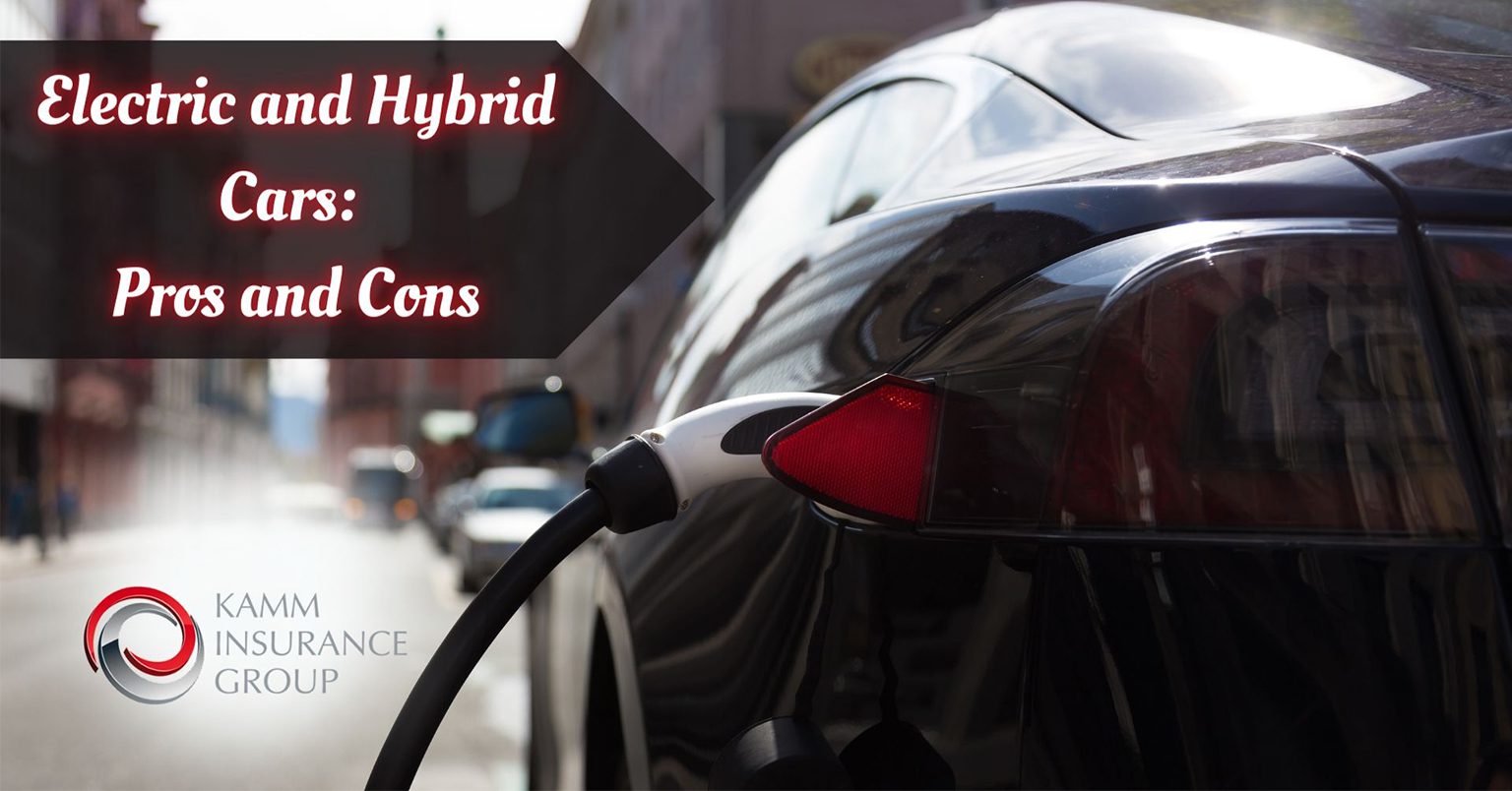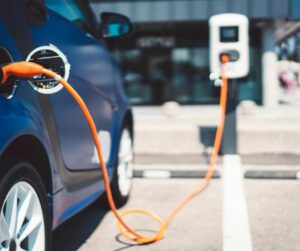

As gas prices climb, and the threat posed by climate change looms ever larger, more drivers are turning to electric and hybrid cars. These vehicles offer lower bills at the gas pump and fewer harmful emissions, and many auto manufacturers are working to keep up with the demand.
How Electric and Hybrid Cars Work
Electric cars replace the traditional internal combustion engine with a completely electric motor. The primary power source for this motor is a large battery inside the car that the driver must periodically charge. Additional power is generated by regenerative braking, which harnesses some of the energy that would typically be lost when braking. With an entirely electric motor, there is no need for gasoline or other liquid fuels.
Hybrid vehicles have both an electric motor and a traditional internal combustion engine. Some hybrid vehicles need to be plugged in to recharge their batteries, like a fully electric car, while others do not, as they generate all of their energy through the internal combustion engine’s activity and regenerative braking. These vehicles do required gasoline, but the electric motor lets you get a lot more mileage out of each tank of gas.
Charging an Electric Car
The amount of time it takes to charge an electric car battery depends on what type of charging equipment is available in their location.
The three main charging options are:
- Charging through a typical 120V AC outlet (Level 1):You can plug an electric car into the 120-volt outlets in a typical North American building, but it is the slowest charging option. You’ll get about 2 to 5 miles of driving from an hour or charging.
- Charging through a 240V (household) or 208V (commercial) outlet (Level 2):A licensed electrician can install a 240-volt outlet in your home, often in the garage. (Or maybe a previous owner already did this for you.) Some commercial buildings also have these higher-voltage outlets. An hour of charging from one of these outlets will get you about 10 to 20 miles, depending on your model.
- DC Fast Charge:These are what dedicated public charging stations use. They have specialized high-powered charging equipment capable of supplying up to 480 volts. You have to go to a specific charging station, but just 20 minutes of charging will get you 60 to 80 miles of driving.
Pros of Electric and Hybrid Cars
There are many advantages to choosing an electric or hybrid car for your next vehicle. These include:
- You’ll spend less on fuel. Hybrid vehicles let you get a lot more mileage out of each tank of gas, so you spend much less at the gas pump. And driving an electric car means you don’t have to go to the gas station at all.
- You’ll produce fewer emissions that harm the environment. Because they use an internal combustion engine less or not at all, these vehicles produce much less of the emissions that contribute to climate change. Just how much less depends on the specific vehicle you choose, but it’s definitely less than a traditional gas-powered vehicle.
- There are tax breaks available. Under the Inflation Reduction Act, many new electric or plug-in hybrid car purchases qualify for a federal income tax credit of up to $7,500, and you can get a credit of up to $4,000 on some used models. Here in Illinois, purchasing an electric vehicle can get you an additional $4,000 rebate.
- Some insurers are offering discounts. Check with your personal lines agent to see what discounts you might be able to get with an electric or hybrid vehicle.
Cons of Electric and Hybrid Cars
For all of their advantages, there are still a couple of disadvantages to electric and hybrid vehicles.
- Concerns about range. The range of electric car batteries is steadily improving, but it still can be a little less than a traditional gas-powered vehicle. According to the U.S. Department of Energy, electric cars in 2020 averaged 260 miles on one charge, but some were able to go 400 miles or more. Temperature and other weather conditions can also affect the range of an electric vehicle battery.
- Higher purchase price. Even with tax credits available, electric and hybrid cars still cost a bit more than gas-powered vehicles, and there isn’t yet as much as a used car selection for them. Prices are starting to go down, however, and tax breaks can also make these vehicles more affordable to more consumers.
If you decide to trade in your gas-powered car for an electric or hybrid one, make sure you have the right auto insurance coverage for it as well. The personal lines agents at Kamm Insurance Group will make sure you have the coverage you need and every discount you qualify for.
Source:
https://www.travelers.com/resources/auto/buying-selling/electric-cars-and-hybrid-cars-pros-and-cons



